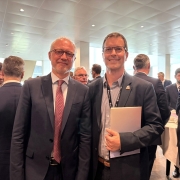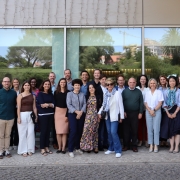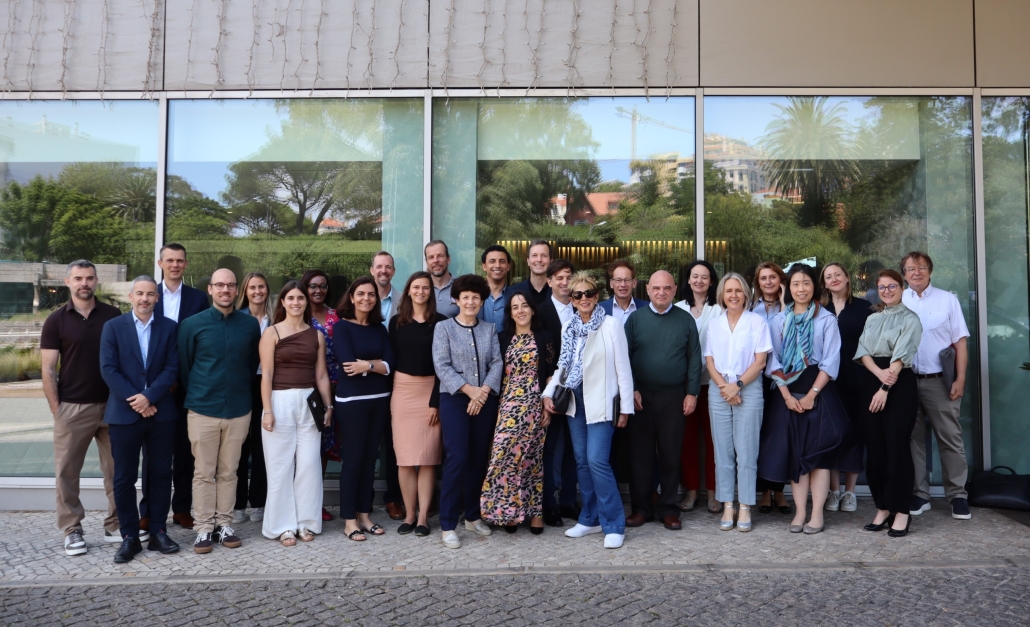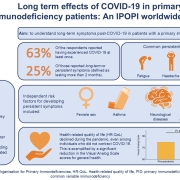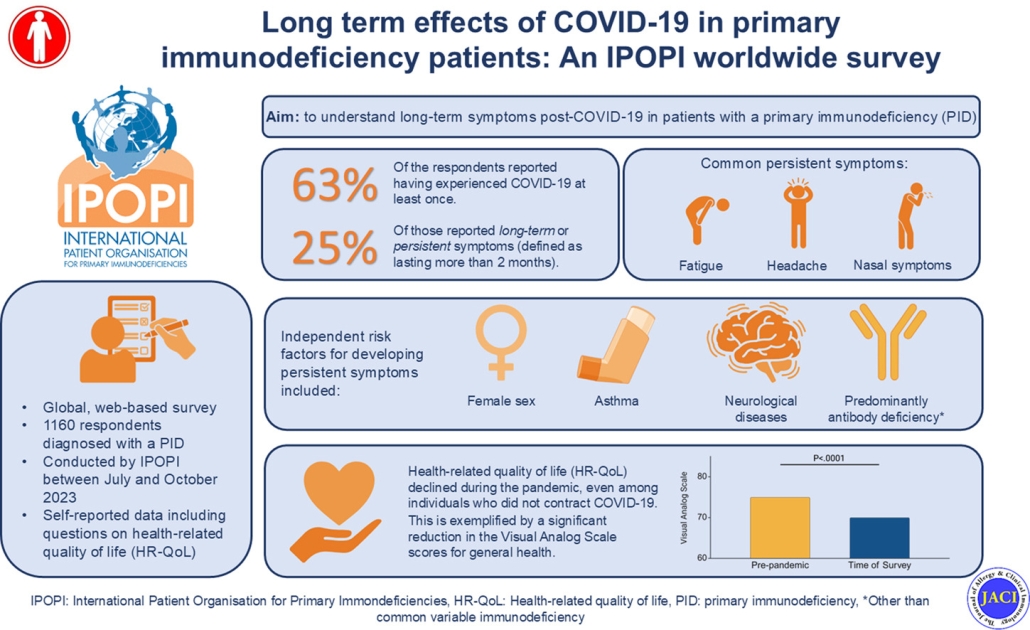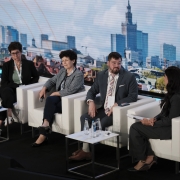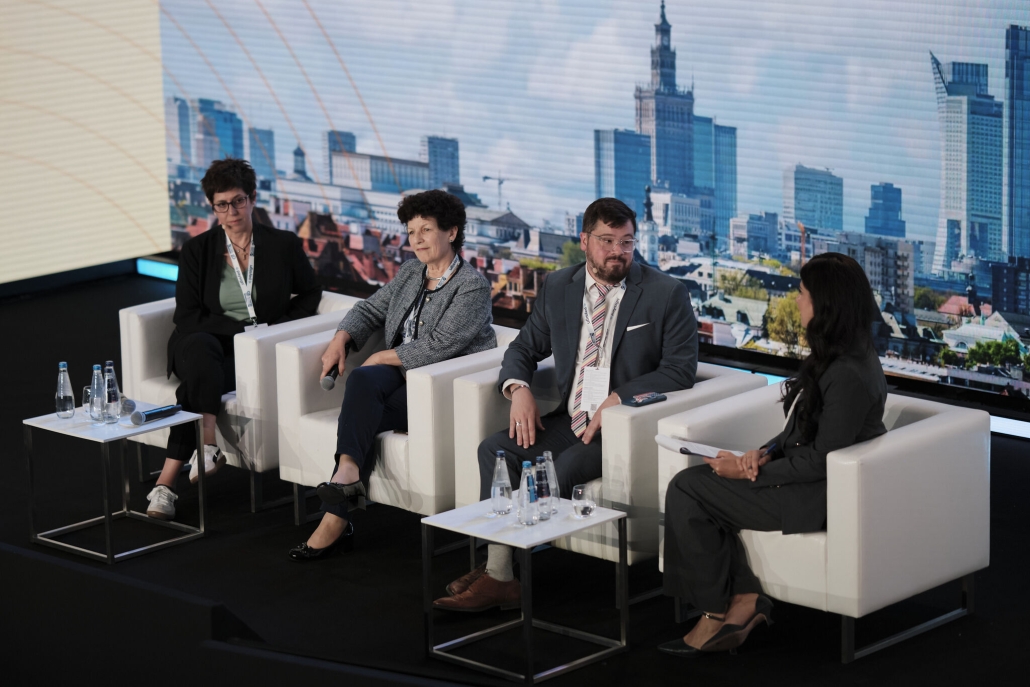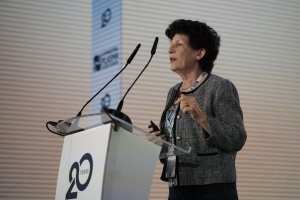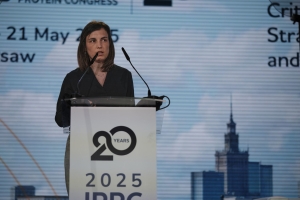IPOPI at EMA’s 30-Year Scientific Conference
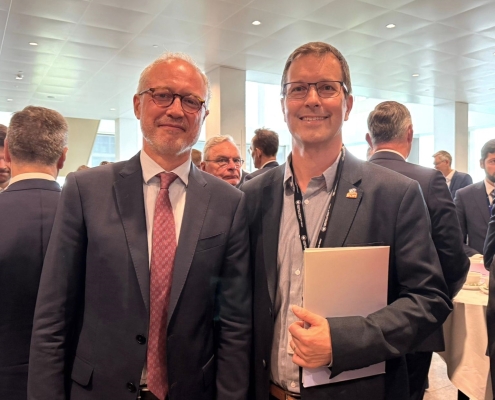
Juan Garcia Burgos (EMA) and Johan Prévot (IPOPI)
On 25 June 2025, IPOPI proudly took part in the European Medicines Agency (EMA)’s 30th anniversary scientific conference, held at EMA’s headquarters in Amsterdam, the Netherlands. The event marked three decades of groundbreaking achievements in medicines regulation and regulatory science, bringing together key partners and stakeholders to reflect on the past and look towards the future.
The conference gathered representatives from the European institutions and agencies, the European medicines regulatory network, international partners, patient and healthcare professional organisations, industry organisations, the Dutch government, and other esteemed guests. Participants explored the latest trends, innovations, and challenges in the regulation of medicines, as well as public and animal health.
IPOPI was represented by our Executive Director, Johan Prévot. Of particular interest for people living with primary immunodeficiencies (PIDs) and other rare diseases, the meeting was an opportunity to delve into the evolution of regulatory science and discuss how it can continue to advance the development and availability of safe and effective medicines, taking into account disruptive technologies, the need to keep the public trust in science and a fast moving environment
IPOPI has long been active at the EMA level been and since 2006 formally involved in the EMA’s work, ensuring that the patient voice is considered in regulatory processes and decisions. This longstanding collaboration underscores our commitment to supporting patient-centred regulatory science and improving access to essential treatments.
IPOPI congratulates EMA on its 30 years of dedicated work in safeguarding public and animal health across Europe and beyond. We look forward to continuing our collaboration in the years to come.
